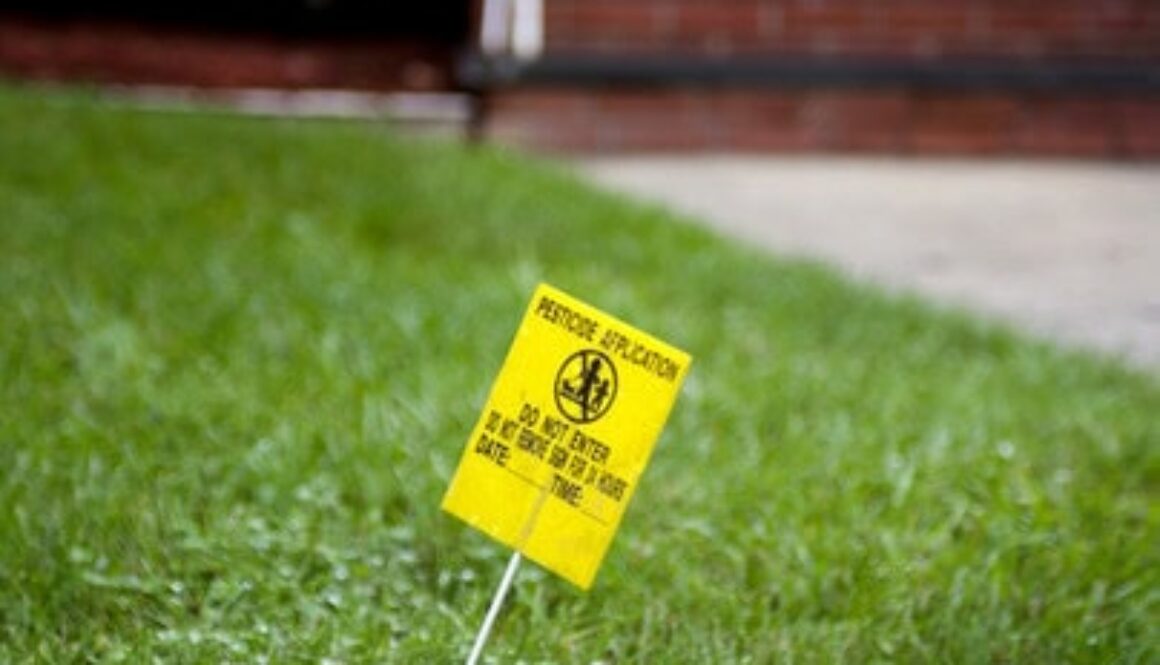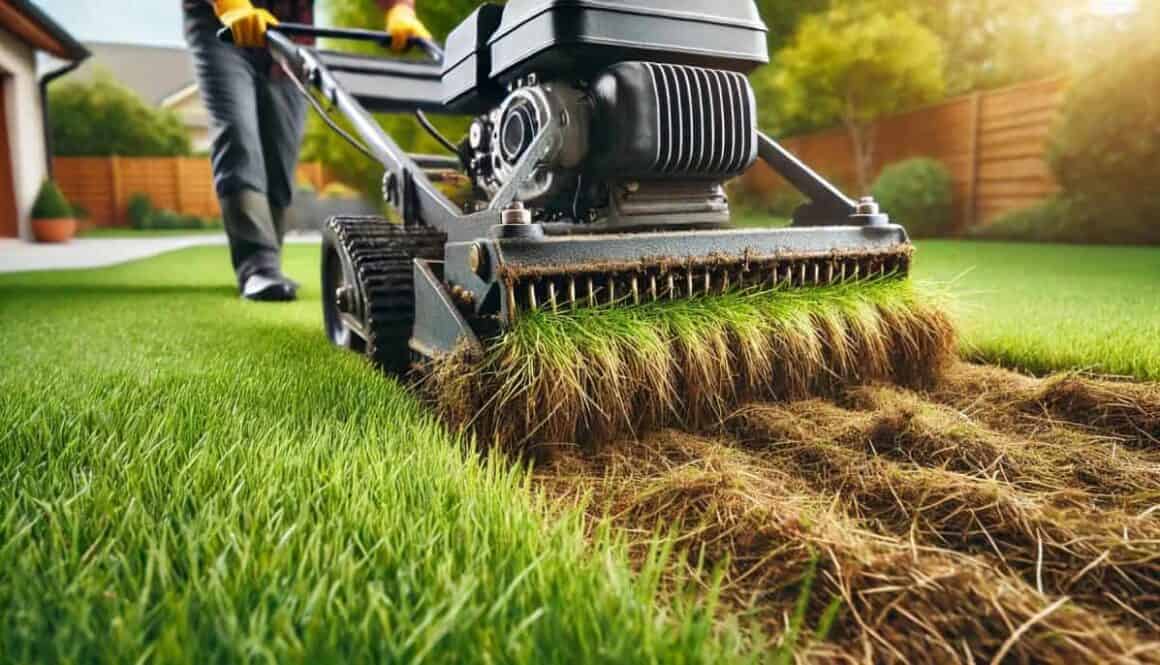Maintaining a lush, healthy lawn requires more than regular mowing and watering. One essential practice that often goes overlooked is dethatching. Dethatching involves removing the thick layer of dead grass, roots, and organic debris (known as thatch) that can accumulate between the soil and the grass blades. This layer can prevent essential nutrients, water, and air from reaching the grassroots, leading to a less healthy lawn. In this guide, we’ll discuss the best time to dethatch, the benefits of this practice, and the advantages of hiring a professional to do the job.
When is the Right Time to Dethatch?
The timing of dethatching is crucial to ensure the health and recovery of your lawn. The best time to dethatch your lawn depends on the type of grass you have:
-
Cool-Season Grasses (e.g., Kentucky Bluegrass, Fescue, Ryegrass): Early spring or early fall is the ideal time for dethatching. These seasons allow the grass to recover quickly due to the moderate temperatures and ample rainfall.
-
Warm-Season Grasses (e.g., Bermuda, Zoysia, St. Augustine): Late spring to early summer, when the grass is actively growing, is the best time to dethatch warm-season grasses. This timing helps the lawn recover rapidly and take advantage of the growing season.
Dethatching during the appropriate growing season ensures that your grass can recover and fill in any bare spots quickly, leading to a healthier and more resilient lawn.
Benefits of Dethatching
Dethatching offers several significant benefits for your lawn:
- Improved Air and Water Flow: Removing thatch allows air, water, and nutrients to penetrate the soil more effectively, promoting deeper root growth and healthier grass.
- Enhanced Nutrient Absorption: Thatch can block fertilizers and other nutrients from reaching the grassroots. Dethatching ensures that your lawn can absorb these essential nutrients more efficiently.
- Disease Prevention: Thatch can harbor pests and diseases that can damage your lawn. By removing this layer, you reduce the risk of these issues.
- Increased Resilience: A dethatched lawn is better able to withstand environmental stressors such as drought, heat, and heavy foot traffic.
Why Hire a Professional for Dethatching?
While dethatching can be done as a DIY project, hiring a professional offers several advantages:
- Expertise and Experience: Professional lawn care services have the knowledge and experience to determine the right time and method for dethatching your specific type of grass. They can assess the thatch layer and recommend the best course of action.
- Proper Equipment: Professionals use specialized dethatching equipment that can effectively remove the thatch without damaging your lawn. This equipment is often more efficient and effective than rental or DIY tools.
- Comprehensive Lawn Care: Professional lawn care providers can combine dethatching with other essential services such as aeration, overseeding, and fertilization. This comprehensive approach ensures that your lawn receives the best possible care.
- Time-Saving: Dethatching can be a time-consuming task, especially for larger lawns. Hiring a professional allows you to save time and effort while ensuring the job is done correctly.
Conclusion
Dethatching is a vital lawn care practice that can significantly improve the health and appearance of your lawn. By understanding the right time to dethatch and the benefits it offers, you can ensure your grass remains lush, green, and resilient. While DIY dethatching is possible, hiring a professional provides expertise, efficiency, and comprehensive care that can make a substantial difference in the results.




